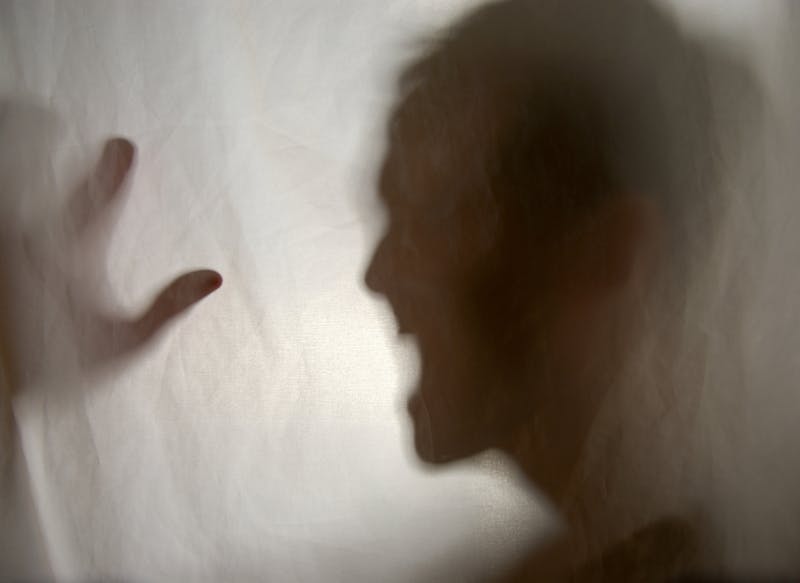
In New York City, if you have been assaulted, you may have the right to sue the perpetrator in civil court. While criminal prosecution focuses on punishing the offender, a civil lawsuit is aimed at recovering financial compensation for the physical, emotional, and financial harm you have suffered.
Assault in New York City: Criminal vs. Civil Cases
In New York, assault is classified as both a crime and a civil wrong (tort). Criminal cases are prosecuted by the state to penalize the perpetrator with imprisonment, fines, or probation. Pertaining to this, a victim can also pursue a civil lawsuit independently of the criminal case, or even if the criminal case does not result in a conviction.
- Criminal Assault: New York Penal Law defines assault as intentionally causing physical injury to another person. Depending on the severity, it can be classified as assault in the first, second, or third degree (NY Penal Law §§ 120.00-120.10).
- Civil Assault: In civil law, assault is defined as intentionally putting another person in reasonable fear of imminent harmful or offensive contact. Even if there is no physical injury, the fear or threat alone can constitute civil assault.
Legal Grounds for Suing for Assault in NYC
In a civil lawsuit for assault, the plaintiff must prove that the defendant intentionally acted in a way that caused them to fear imminent harm. The key elements to establish in court include:
- Intentional Act: The defendant must have acted deliberately, knowing that their conduct would likely result in harm or fear of harm to the plaintiff.
- Apprehension of Harm: The plaintiff must have reasonably believed that they were in immediate danger of being harmed.
- Damages: The plaintiff must demonstrate that they suffered actual harm as a result of the assault. This can include physical injuries, emotional distress, or financial losses.
The New York Civil Practice Law and Rules (CPLR) § 214 provides a one-year statute of limitations for assault claims. This means you have one year from the date of the incident to file a lawsuit for damages.
Types of Damages Recoverable in an Assault Lawsuit in New York
If you successfully prove your assault claim in court, you may be entitled to various types of damages:
- Compensatory Damages: These are intended to compensate you for actual losses, including medical expenses, lost wages, and pain and suffering.
- Punitive Damages: In cases of particularly egregious behavior, the court may award punitive damages to punish the defendant and deter similar conduct in the future.
- Emotional Distress: Assault often leaves victims with lasting psychological trauma. Compensation for emotional distress covers therapy costs, anxiety, depression, and other mental health issues stemming from the assault.
Suing for Assault and Battery Together in New York
In many cases in New York, a victim may sue for both assault and battery. While assault deals with the threat or fear of harm, battery involves actual physical contact that is harmful or offensive. For example, if someone threatened to punch you (assault) and then actually did so (battery), you could sue for both. The statutes governing battery are similar to those for assault, and the same one-year statute of limitations applies under CPLR § 214.
The Role of a Civil Attorney in Assault Cases
Handling the complexities of a civil assault case in New York City requires experienced legal counsel. A skilled NYC assault claims attorney will:
- Gather Evidence: Collect medical records, witness statements, and other evidence to support your claim.
- Evaluate Damages: Assess the full extent of your injuries and losses to ensure you seek appropriate compensation.
- Negotiate Settlements: Engage in negotiations with the defendant or their insurance company to reach a fair settlement.
- Represent in Court: If a settlement cannot be reached, your attorney will represent you in court, presenting your case effectively to a judge or jury.
FAQs on Civil Claims for Damages in Assault Cases in New York
What do I need to prove to win a civil assault case in New York?
To win a civil assault case, you must prove that the defendant intentionally caused you to fear imminent harm, that this fear was reasonable, and that you suffered actual damages (physical, emotional, or financial) as a result. Intent and the reasonable apprehension of harm are key elements in establishing a civil assault claim.
Can I still file a civil lawsuit if the defendant was acquitted in the criminal trial?
Yes, you can still file a civil lawsuit even if the defendant was acquitted in a criminal trial. Civil cases have a lower burden of proof (preponderance of the evidence) compared to criminal cases (beyond a reasonable doubt), so a civil lawsuit can still succeed even if the criminal case did not.
What is the burden of proof in a civil assault case in New York?
The burden of proof in a civil assault case is "preponderance of the evidence," meaning that you must show that it is more likely than not that the defendant committed the assault and caused you harm. This is a lower standard than in criminal cases, where the burden is "beyond a reasonable doubt."
Can I recover damages for emotional distress in a civil assault case?
Yes, emotional distress is a recoverable form of damage in a civil assault case. You can seek compensation for psychological trauma, anxiety, depression, and other emotional injuries resulting from the assault.
Can I file a civil assault lawsuit if the assault occurred during a protest or public demonstration in New York?
Yes, you can file a civil assault lawsuit if you were assaulted during a protest or public demonstration in New York. Even in situations involving large gatherings or civil unrest, individuals are still liable for their actions. If someone intentionally caused you to fear imminent harm, you can pursue a civil claim for assault against that individual, regardless of the context.
Can I sue for assault if the perpetrator was acting under the influence of drugs or alcohol in New York?
Yes, you can sue for assault even if the perpetrator was under the influence of drugs or alcohol at the time of the incident. Intoxication does not absolve the defendant of liability in a civil case. The key issue is whether the defendant intentionally caused you to fear imminent harm, regardless of their state of sobriety.
What is the impact of a restraining order on a civil assault case in New York?
A restraining order can strengthen your civil assault case by demonstrating that a court has already recognized the threat or harm posed by the defendant. If the defendant violates the restraining order, it can serve as additional evidence of their intent to cause harm, potentially leading to increased damages in your civil lawsuit.
Can I hold a business or employer liable for an assault that occurred on their premises in New York?
Yes, under certain circumstances, you can hold a business or employer liable for an assault that occurred on their premises. This is often done through a claim of negligent security or failure to protect. If the business or employer failed to provide adequate security measures or ignored known risks, they may be held partially or fully liable for the assault, alongside the individual perpetrator.
Get an Experienced New York City Assault Claims Attorney on Your Side
If you have been assaulted in New York City, you may be entitled to financial damages. Leading New York City assault claims lawyer Michael S. Lamonsoff "The Bull" will aggressively fight for your rights and pursue the highest possible compensation for you. As the founder of one of the most successful personal injury law firms in New York, attorney Lamonsoff has a demonstrable record of standing up to the toughest opponents—and achieving large settlements or verdicts.
Reach out to "The Bull" today to ensure your voice is heard and justice is served. To schedule your free consultation, call us at 212-962-1020 or fill out this online contact form.


